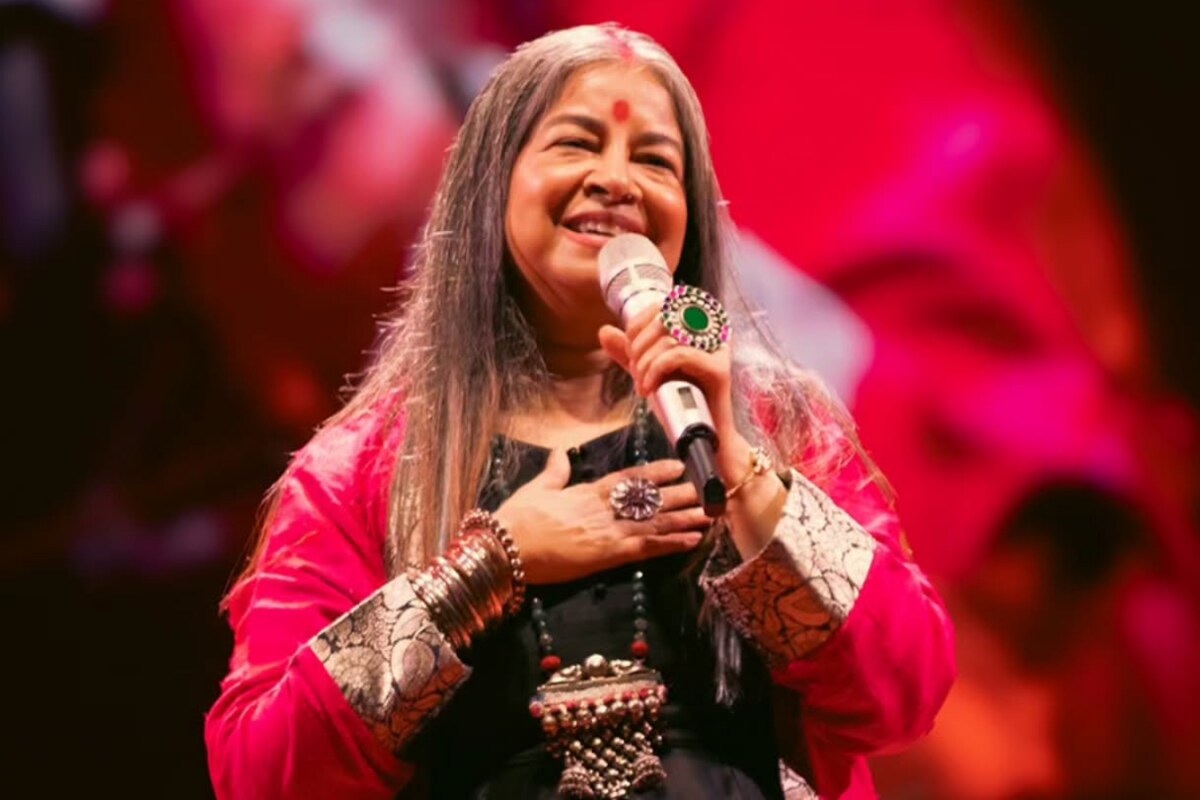

Rekha Bhardwaj, the celebrated singer known for her soulful voice and unique renditions, has never shied away from experimenting with different genres and styles in music. While she is revered for her Sufi and classical-based melodies, she has also lent her voice to so-called "item songs" throughout her career. In a recent interview, she addressed the perception surrounding item songs and made it clear that she has "no qualms" about singing them, as long as they align with her artistic sensibilities.
Bhardwaj emphasized that she doesn't believe singing an item song automatically equates to compromising one's artistic integrity or being labeled as "cheap." She argued that the issue lies not in the genre itself, but in the quality and context of the music and lyrics. She voiced her disappointment with the trend of associating item songs with vulgarity and obscenity, noting that many filmmakers and musicians seem to believe that "the cheaper the content, the more successful the song will be."
She draws a distinction between item numbers that prioritize aesthetics and meaningful lyrics and those that rely on cheap thrills. To illustrate her point, she referenced songs like "Beedi Jalai Le" and "Namak Ishq Ka," both penned by Gulzar, emphasizing that these songs were engaging and entertaining because they gave importance to the aesthetics of the song. Bhardwaj has always been selective about the projects she undertakes. She stated that she has turned down numerous item song offers that she felt were beyond her understanding of music, regardless of their potential to become chartbusters. She considers it a way of respecting her passion and artistic values.
Bhardwaj's career is a testament to her versatility and commitment to quality music. She gained significant recognition with the popular item number "Namak Ishq Ka" from Omkara (2006). Her discography includes many chartbusters, including "Ranjha Ranjha" from Raavan (2010), "Phir Le Aya Dil" from Barfi (2012), "Ghagra" from Yeh Jawaani Hai Deewani (2013) and "Hamari Atariya Pe" from Dedh Ishqiya (2014). Her work is characterized by an intense, melancholic twang, which she attributes to her love for Sufi music. For Bhardwaj, Sufism is not just a genre; it is a way of life, a means to spread love and feel energized. She considers even an item song a Sufi rendition if it aligns with her artistic values.
Bhardwaj's perspective challenges the conventional understanding of item songs, urging listeners and creators alike to look beyond the label and consider the artistic merit of the music. She remains firm in her belief that a song can be both entertaining and meaningful, without resorting to cheap or vulgar content. She also stays connected to her roots. Bhardwaj studied classical music from Gandharva Mahavidyalaya in Delhi for eight years and grew up listening to thumris and semi-classical music.